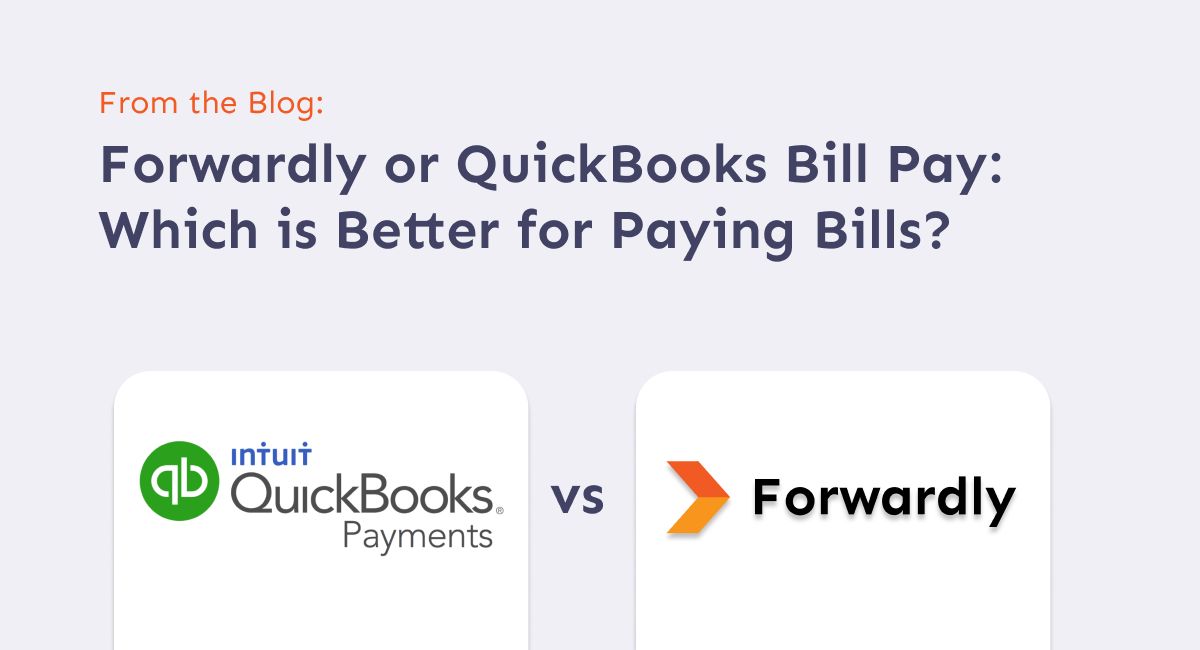Ever had to chase down a client for a late payment? It’s not fun, but it happens to the best of us. Maybe they were busy, maybe they forgot, or maybe they’re just avoiding emails (we’ve all been there). But rest assured, there are ways to follow up that won’t feel awkward or damage your relationship.
We asked experienced entrepreneurs how they handle overdue invoices while keeping things professional and their clients happy. Here’s what they had to say.
Send a short and sweet reminder
Sometimes, a simple and friendly nudge is all it takes. Keeping your message brief and to the point shows respect for your client’s time while making it easier for them to act.
My clients are lawyers and understandably very busy, so sometimes it’s just a slight oversight on their part. My go-to message is a friendly reminder—short and sweet because I don’t want to take up too much time when they’re in the middle of case preparation. I don’t overthink it; I just ask how they’re doing and mention that I noticed the invoice hasn’t been cleared. They often reply back saying they’ll get on it, and it clears things up right away. You’ve got to walk a fine line between empathy and firmness—clients juggle expenses, and sometimes our invoices get lost in the shuffle. Patience is key.
Paul Carlson, CPA & Managing Partner, Law Firm Velocity
Implement automated reminder system
Automated reminders help clients stay on track without feeling pressured. A structured follow-up approach can prevent invoices from slipping through the cracks while maintaining good relationships. Automating payment reminders with scheduled emails or SMS messages makes it easier for clients to stay on track. Customizing reminders based on past payment behavior can further increase effectiveness
At RVW Wealth, we’ve had success with a gentle email reminder system that automatically triggers three days before the due date, helping clients stay on track without feeling pressured. When payments are missed, my team makes personal calls to understand if there are any concerns about our services or if they need to adjust their payment schedule. Most late payments are simply an oversight, so maintaining a professional yet understanding tone helps preserve client relationships while ensuring timely payments.
Jonathan Gerber, President, RVW Wealth
Send a text message with payment link
Text messages tend to get read faster than emails, making them a powerful tool for quick follow-ups. Pairing texts with a real-time payment link can make it even easier for clients to take action.
After flipping over 100 houses, I’ve learned that a simple text message saying, “Just checking in about invoice #123—want to make sure everything looks good on your end?” works wonders for getting responses. I always include a screenshot of the original invoice with clear payment terms highlighted, which has helped reduce my late payments by about 75%.
Brandon Shearin, Founder and CEO, Ready House Buyer
Prioritize patience and communication
When an invoice remains unpaid, understanding the client’s situation can go a long way. Open dialogue can lead to solutions and keep relationships intact.
In my more than 30 years as an attorney and businessman, I’ve encountered many situations where invoices go unpaid. My go-to reminder in these instances is the adage, “patience and communication are key.” First, it’s important to send a polite reminder detailing the outstanding amount and invoice due date. Often, it’s just an oversight. If a gentle nudge doesn’t work, I seek a conversation to understand any roadblocks—cash flow issues, dissatisfaction with services, or other concerns. Open communication often leads to solutions, including setting up payment plans or addressing service issues. In dire situations, legal action might be necessary, but patience and communication can often turn a tense situation into a problem-solving opportunity.
Mark Pierce, Founder & CEO, Wyoming LLC Attorney
Make a friendly phone call reminder
A personal touch can make all the difference. A quick phone call humanizes the request and provides an opportunity to resolve any concerns.
In my real estate business, I’ve found that a quick, friendly phone call within three days of a missed payment works wonders—it shows you value the relationship and catches issues early. Last month, one of my tenants was dealing with a temporary job loss, and our chat helped us work out a manageable payment plan that kept everyone happy. I always approach these conversations with empathy first, asking if everything’s okay and how we can work together to resolve it, which has helped maintain great relationships with my 31 rental property tenants.
Mike Wall, CEO, EZ Sell Homebuyers
Send friendly check-in email
I’ve found that sending a friendly check-in email works best, like ‘Hey, just touching base about the marketing campaign invoice from last month – want to make sure you received it okay?’ When following up, I always include the original invoice and payment details to make it super easy for them. Generally, I set calendar reminders to follow up 3-4 days after the due date, which helps maintain professional relationships while ensuring cash flow stays healthy.
Robert Portillo, CRO Consultant, Peel and Stick Wall Murals
Maintain positive and clear expectations
When a client doesn’t pay an invoice, my go-to reminder is maintaining a positive tone while being clear about expectations. Rushing or sending harsh reminders only creates tension, so I’ve learned that a friendly, “Just checking in to make sure everything’s on track with the payment” message is much more effective. It’s casual yet to the point, showing understanding while gently reminding them of their responsibility. Clients appreciate this approach—it doesn’t feel confrontational and keeps the relationship strong. It’s not just about getting the payment; it’s about maintaining respect and trust.
Brian Staver, CEO, Net Pay Advance
More strategies from the experts at Forwardly
Use real-time payments to eliminate delays
Traditional ACH payments can take days to clear, and checks? Forget about it. With Forwardly, you can receive payments in real-time, ensuring you’re not left waiting for your money.
Automate payment reminders and follow-ups
Chasing down clients manually is time-consuming. Automate payment reminders at set intervals (before due dates, on due dates, and after due dates) to keep invoices top of mind.
Set up one-click payments
Reduce friction by making it effortless for clients to pay. With Forwardly’s one-click payment feature, clients can settle invoices instantly, no need for account details or pre-funding wallets or bank accounts.
Implement an early payment incentive
Offer a small discount (1-2%) for payments made before the due date. This motivates clients to prioritize your invoice over others.
Establish a firm but friendly follow-up process
If an invoice becomes overdue, don’t wait weeks to follow up. Try this:
- 1-3 days overdue: Send a polite reminder.
- 7 days overdue: Follow up with a direct email or call.
- 14+ days overdue: Send a final notice and consider escalation.
Know when to cut off slow payers
Clients who habitually pay late hurt your business. If a customer consistently delays payments, reconsider your payment terms, request upfront payments or partial deposits before work begins.
Overdue invoices don’t have to be a constant headache. With the right tools and strategies, you can stay ahead of late payments, improve cash flow, and keep your business running smoothly. Forwardly’s real-time payments and automation tools make it easier than ever to get paid on time, every time.
Want to skip the overdue invoice headache? Forwardly makes getting paid faster and easier.
 Back to Blog
Back to Blog

